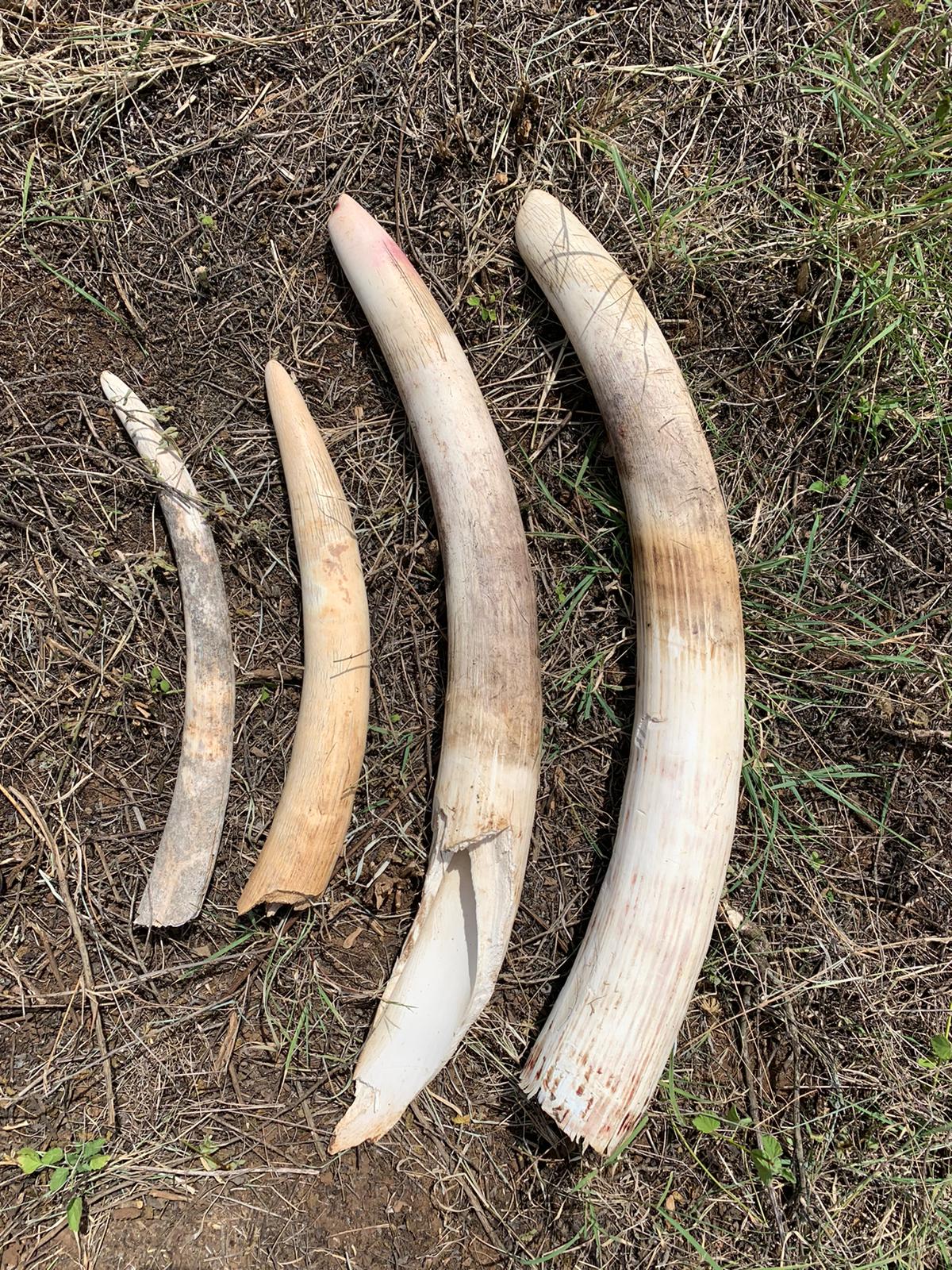How building a network of wildlife crime law enforcement is reducing the illegal wildlife trade
European Union-backed conservation project has trained a new frontline to fight to protect nature across five African nations

The European Union’s Biodiversity Strategy aims to put Earth’s biodiversity on a path to recovery by 2030, and in doing so to unlock a myriad of benefits for people, the climate and the planet.
Part of this Strategy involves bringing an end to the illegal wildlife trade. Believed to be worth over an estimated £15 billion annually, the trade exacerbates existing pressures and has contributed to the unprecedented rate of extinction of species and biodiversity loss.
The illegal wildlife trade not only undermines good governance and economic stability and, in doing so, exploits local communities. For many countries, policing the illegal wildlife trade is a particular challenge because of the borderless nature of crime. As these criminal syndicates move across borders, a joined up approach is crucial so that we are able to find a way forward.
In 2018 Space for Giants, an international conservation organisation operating in 10 countries in Africa, was awarded a three-year grant by the EU to help its efforts to combat the illegal wildlife trade.
With extensive experience in providing sustainable solutions to complex conservation issues, Space for Giants put forward a plan to create a highly skilled trans-frontier network of wildlife crime law enforcement and criminal justice officials in the Kavango Zambezi Transfrontier Conservation Area (KAZA TFCA), which straddles the Kavango and Zambezi rivers and spans five countries - Angola, Botswana, Namibia, Zambia and Zimbabwe.
Katto Wambua, Space for Giant’s Wildlife Justice Senior Advisor, says “the illegal wildlife trade will be defeated just as much in the courtroom as in the bush. Before this project there had been little investigation into the wildlife crimes that had taken place. Now we can now tell you exactly where they are happening, which species are being targeted, and who is doing it”.
Space for Giants’ approach emphasises partnership with organisations already vested in the KAZA community, including Game Rangers International, National Park Rescue and Speak Out For Animals to ensure best practices are shared and that the threats to wildlife are minimised.
Working collaboratively with these partners, nearly 500 rangers, investigators, public prosecutors, magistrates and judiciary are using improved methods of tackling wildlife crime. Space for Giants has trained 15 police prosecutors in Botswana, developed wildlife crime sentencing guidance in Botswana, Namibia and Zimbabwe, and deployed seven newly-trained court monitors across KAZA.
Ever Chinoda, Executive Director of Speak Out For Animals, says “The prosecutors and magistrates training funded by the EU in Zimbabwe over the course of three years, have led to an attitude change towards adjudication of wildlife crimes.
“Prosecutors and Magistrates now appreciate the value of wildlife and play a significant role and impact in combating illegal wildlife crime. Bail for undeserving offenders has been denied, cases are now being completed within a short space of time and sentences passed are more deterrent than before.”
Through Space for Giants’ integrated approach, the development of skills and investment in people over the past three years the project has laid solid foundations on which to build. Findings suggest there has been a reduced loss of wildlife as rates of illegal activities have fallen. The true impacts will play out over time, with increased conviction rates acting as a deterrent and disruptor.
Dr Max Graham, Founder and CEO of Space for Giants, says “There are no quick wins when it comes to fighting the illegal wildlife trade, but celebrating these mini milestones and building on the existing excellent collaborative relationships means there is renewed hope for the wildlife and people of KAZA.”
Jan Sadek, Head of the EU Delegation to Botswana and SADC, says “The EU has, through programmes such the cross-regional wildlife management, provided support to combat wildlife trafficking by increasing capacities of law enforcement agencies and improving governance in many partner countries”.
Space for Giants intends to work closely with the KAZA Secretariat, which steers the development of the world’s largest transfrontier conservation area, to collaborate with the member states to seek opportunities to deliver support in the areas of conservation investment, wildlife justice and wildlife connectivity. The EU’s project funding has been an investment in raising standards in the region, and it has also been catalytic in attracting more funding for Space for Giants to continue working.
Join our commenting forum
Join thought-provoking conversations, follow other Independent readers and see their replies
Comments
Bookmark popover
Removed from bookmarks